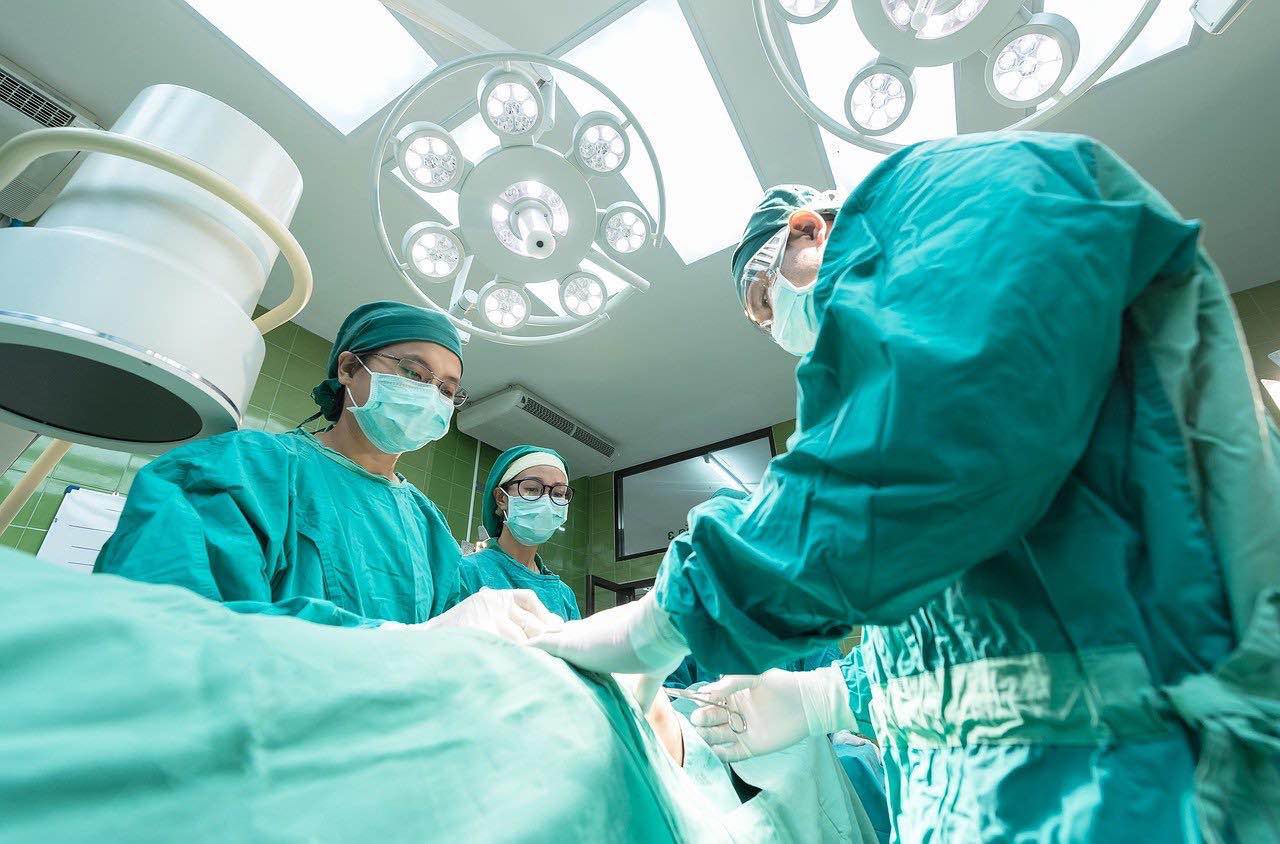With the current advances in technology and new trends developing in the cardiology industry, the health system and its leaders are constantly striving to give the best available to their patients. With one out of three deaths being as a result of cardiovascular disease in Singapore, new technologies will greatly assist in regulating the cardiovascular cases in the country.
What does a cardiologist do?
Cardiologists are medically trained in identifying conditions and problems in the heart and blood vessels. With over 17.9 million lives being lost to cardiovascular disease worldwide every year, the need for well-trained cardiologists is growing.
Cardiologists have specialized training in handling heart diseases from hypertension to heart attacks and use multiple tools techniques to identify significant changes in the heart. They are trained in performing and assessing heart scans and are fully competent in managing most chronic heart issues. Cardiologists are also conversant with the various heart machines that are used in the medical field to manage heart functionality. A well-trained cardiologist will be able to use a pacemaker or perform an angioplasty when need be.
Choosing to become a cardiologist requires maximum dedication, skill, and love of the career. Cardiologists are exposed to cutting edge medicine, and their spare time is often filled with continued education throughout their career lives. This ensures they keep up to date with new and developing trends in the market and can develop new technologies that will assist the cardiovascular industry in the long run. For instance, the development of cutting-edge technologies such as atrial fibrillation, cardiac transplants, or structural heart interventions as some of a few developments that have greatly impacted the cardiovascular industry.
Cardiologists are often exposed to a comprehensive number of patients with diseases in Singapore, making their learning process advanced and structured. This exposes the cardiologists to a lot of old and new techniques of heart treatment and gives them the hands-on experience necessary to become better physicians through becoming conversant with clinical rotations.
Cardiology in Singapore offers a broad range of research opportunities due to the specialized faculty in place. This aims to provide cardiologists with many opportunities to partake in research from clinical trials to home-grown projects. In so doing, they become specialized cardiologists and develop the necessary skills for career development in heart problems.
Choosing the right cardiologist
When choosing the right cardiologist, it is best to consider convenience as well as costs.
Identifying the type of cardiologist you require is also vital. Most cardiologists can deal with the majority of heart problems, and if something is out with their specialization they will refer you to a colleague to help. It is best to ask your cardiologist about the best course of action for this one.
The right cardiologist will discuss your history and symptoms, and then perform a heart examination before they decide to give you treatment. You will be required to answer some questions about your family history and medical history, so it is worth writing down some notes before you attend the appointment to make sure you give them all the information.
After the initial consult, special routine tests such as ECG, blood, and ultrasound (echocardiogram) will be conducted. Depending on your results, the cardiologists will then provide a diagnosis and advise on the right course of treatment.
Anyone can schedule a visit to the cardiologist. It is especially important if you have risk factors for heart disease such as a family history of heart disease, high cholesterol, diabetes, high BMI (obesity), and high blood pressure. Most insurance plans cover their patients for cardiovascular treatment. However, it is best to ascertain whether you qualify for subsidized care especially if you are a citizen of Singapore or a permanent resident.
Qualifications for a cardiologist in Singapore
Becoming a cardiologist has the following requirements:
- Five to six years in medical school
- Internal medicine training of three years
- Advanced specialty training in cardiology for 3 years
- Additional training at a tertiary centre – sometimes in foreign centres
Cardiologists continue with training for a minimum of six years to have additional exposure and acquire competence in all areas of the specialty.
Trends in heart treatment
There have been several advances in cardiovascular treatments over the years that have significantly enhanced the quality of treatment and patient outcomes:
LDL lowering
The presence of cholesterol deposits in the heart arteries leads to blockages and heart attacks. Lowering the LDL cholesterol significantly reduces the risk of this happening. Recognizing the effects of cholesterol assists cardiologists to help treat cardiovascular diseases. The developments of new drugs that target and regulate cholesterol have been instrumental in preventing heart disease. Statins, ezetimibe and PCSK9 inibitors now form the backbone of treatment for most heart patients. New drugs are currently being evaluated that will push the boundaries even more. One of them called Inclisiran only needs to be given once every 6 months and reduces cholesterol levels significantly!
Portable heart devices
New technological advances have seen the rise of handheld miniature ultrasound devices which are portable and less bulky to use. The use of 3D ultrasounds is still ongoing, however, the new age technology of smaller devices have made it easier for the cardiologist to perform an ultrasound right by the patient’s bedside. These devices can check potential heart issues and give the right prognosis faster and more efficiently. They have even been used in patients homes to get the correct diagnosis.
Embracing digital instruments
Aside from the miniature ultrasounds, there are also digital stethoscopes available in hospitals that filter and amplify heart movements. These devices have been modified to wireless , converting sound signals to more enhanced digital signals that can assist doctors to detect any abnormalities in the heart. In addition, a digital chip that contains various channels and processors has also been specialized to help determine safe anti-clotting treatments that take into account the patient’s blood components. This has enabled cardiologists to make informed decisions about the right course of treatment. Cardiologists are also embracing wearable digital instruments that detect abnormal heart rates and alert them in case of any irregularities.
The use of Artificial Intelligence
The use of machine learning in cardiology has transcended the industry to greater heights. The use of AI elements in cardiology and radiology systems has seen the cardiologists use systems that speed up and streamline their workflow. Medical imaging has greatly enhanced the quality of surgical interventions and develops optimal automatic processing in detecting cardiovascular diseases and treatment. The use of virtual and augmented reality is also increasing, giving the cardiologists a 360-degree outlook on the patient. This technology has seen cardiologists receive specialized training on how to use them and create optimum 3D imaging of heart vessels. There are AI solutions now that are providing almost complete one-click reports for complex heart ultrasounds. This has the potential to revolutionize care.







